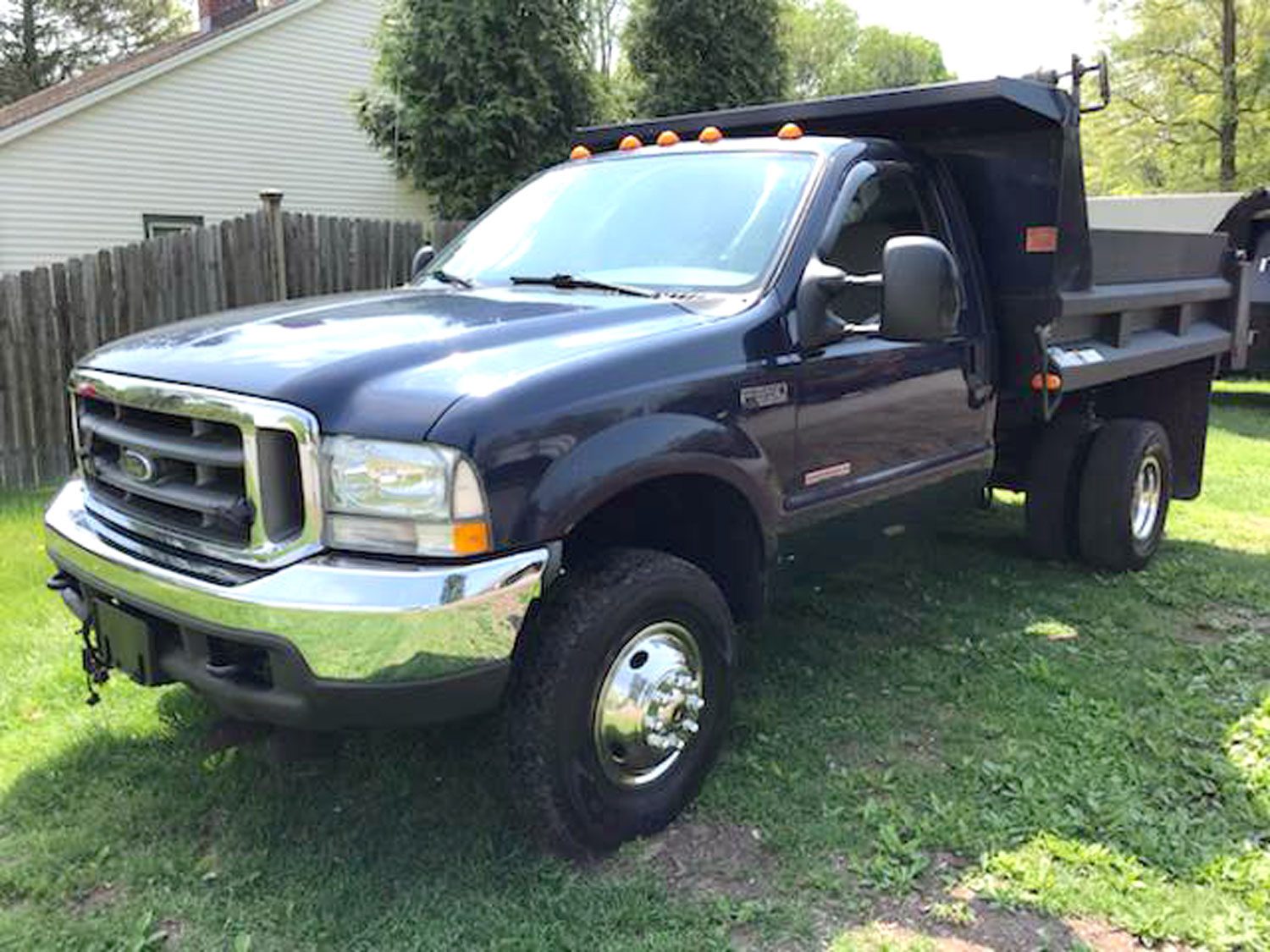PEABODY — City Hall’s first online auction of used vehicles netted more than $50,000, nearly twice the amount raised in a previous sale.
The sale, which closed late Friday, drew 2,156 bids for three dozen city-owned “retired” trucks, vans, and cars. All were sold. The city netted $53,550 and the auction house was paid $795.
Among the highest priced items were a 2000 Case 590SL Backhoe, which fetched $14,200; a 2004 Ford F350 Super Duty Dump Truck with just 17,000 miles that went for $6,000; and a 2010 Bluebird Vision School Bus that sold for $3,100.
There were a few bargains, as well. A 2002 Ford Taurus sedan with 69,000 miles was sold for $270 and a 1999 Taurus with 55,000 miles was bought for $290.
The city hoped to raise cash by selling used items including a fire truck, school buses, trucks, passenger vehicles, vans, and highway equipment.
The last auction, five years ago, sold two dozen vehicles from $200 to $10,000 and the city raised nearly $28,000.
This time, the city hired Auctions International, a company that specializes in assisting municipalities sell outdated vehicles. The New York firm does not charge the city anything for the service, instead they collect a fee from the buyer.
Daniel Doucett, the city’s purchasing agent who coordinated the auction, said he was pleased with the results and noted there were far more bidders than the previous auctions because it was online.
“We got lots of interest from buyers who only wanted to purchase heavy equipment and those items did very well for us,” he said.
Doucette expects another auction of surplus items will be held after Labor Day.
Christopher Ryder, the mayor’s chief of staff, said the city is pleased with the results of the city’s first online auction.
“Selling off the surplus vehicles and getting a good amount of money to go into the city’s general fund with an eye toward using it to purchase newer vehicles is great,” he said.
R.J. Klisiewicz, operations manager at Auctions International, said his company has more than 1,300 contracts with municipalities and schools in the Northeast, and it’s growing.
“Some communities still feel comfortable with the live auction in their town but we are slowly converting quite a few of them to the online experience,” he said. “It’s much more lucrative for them.”

